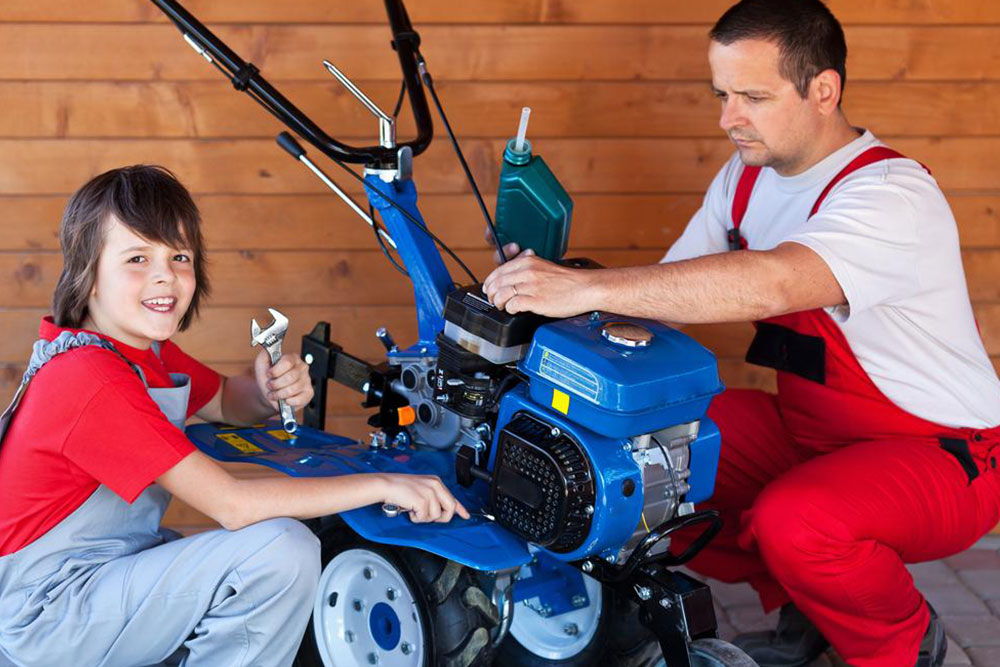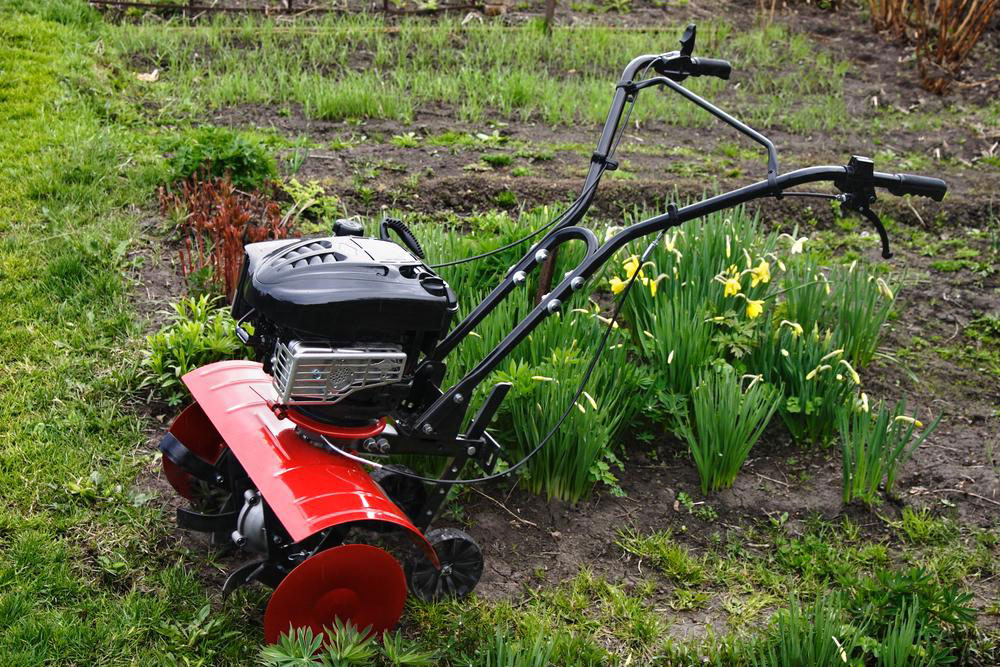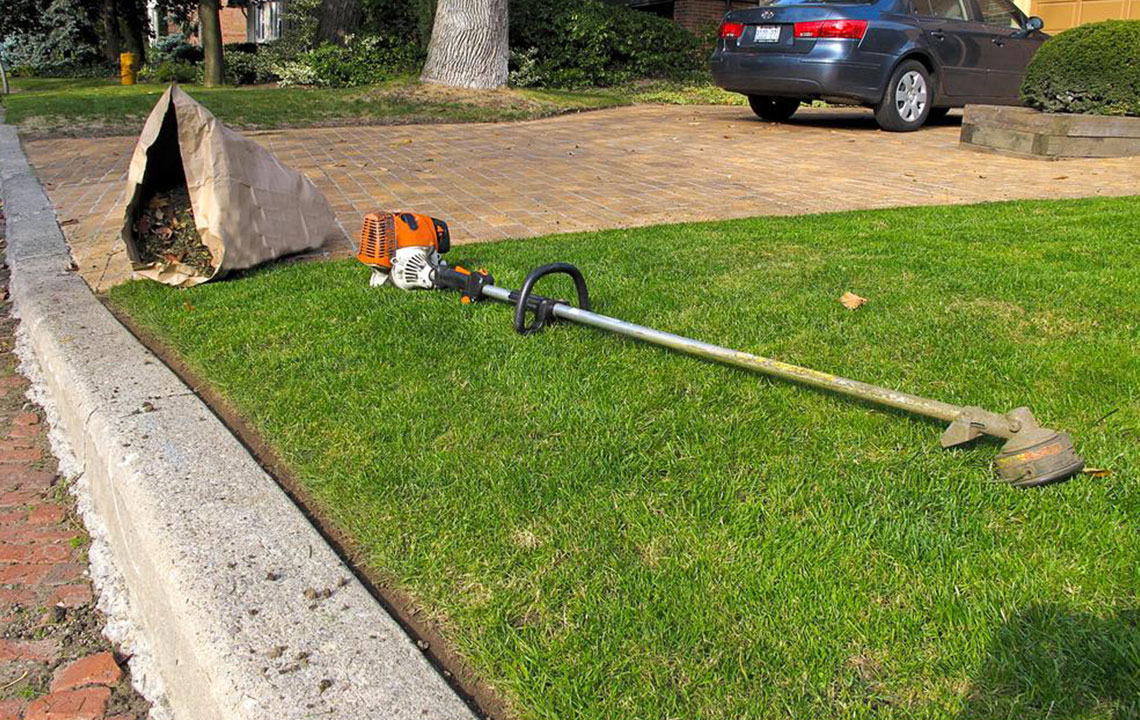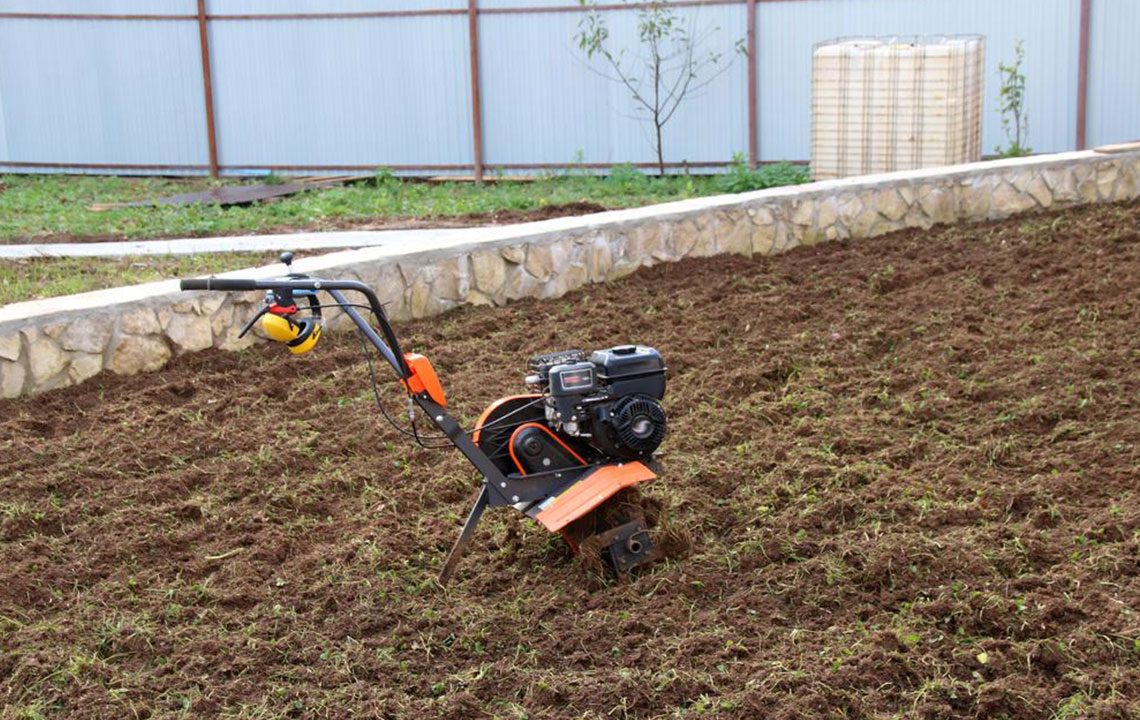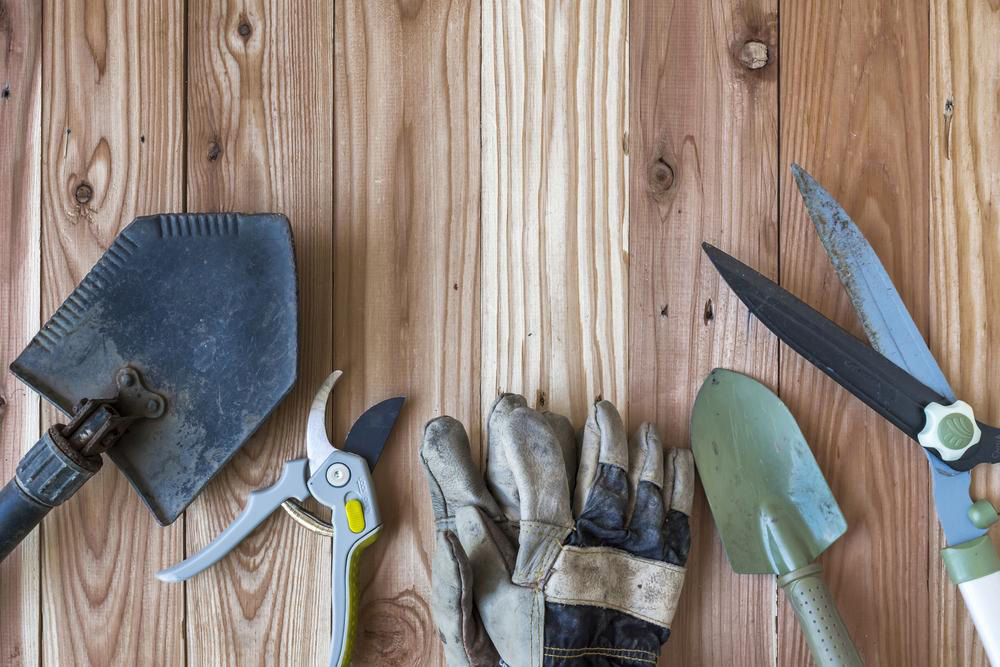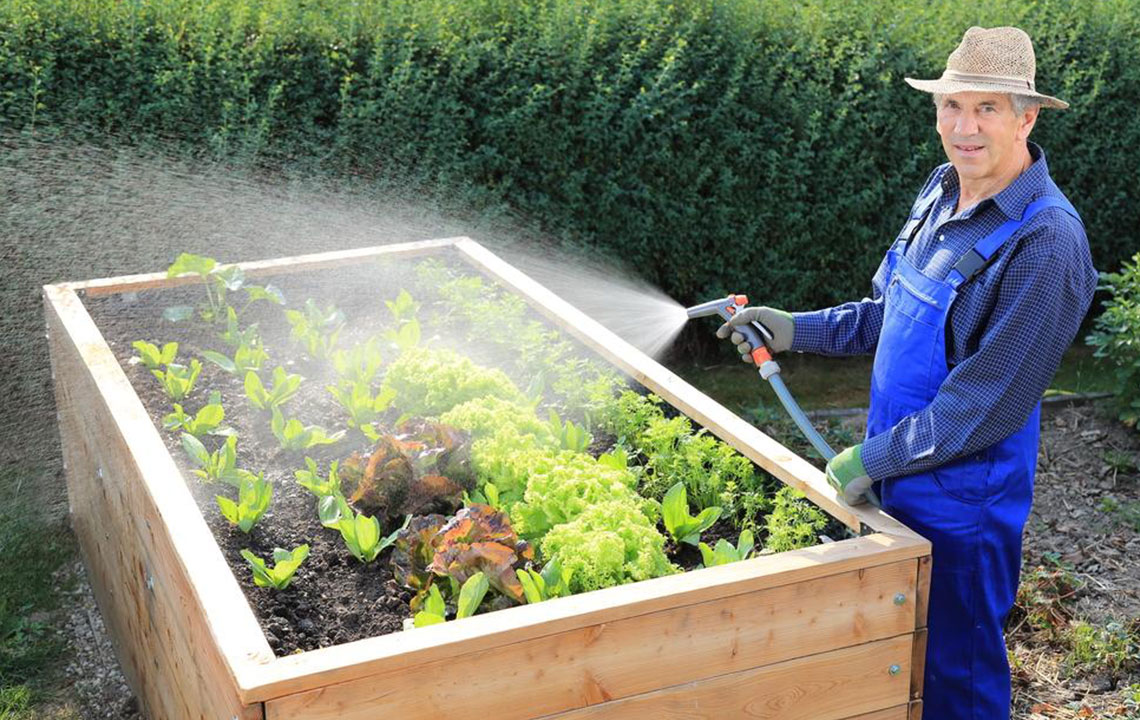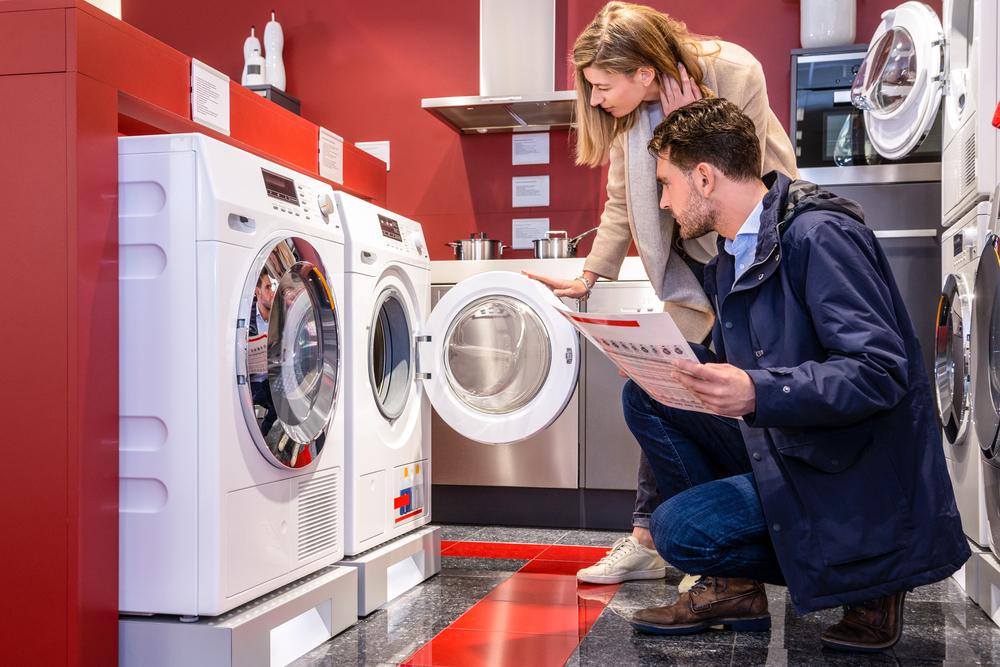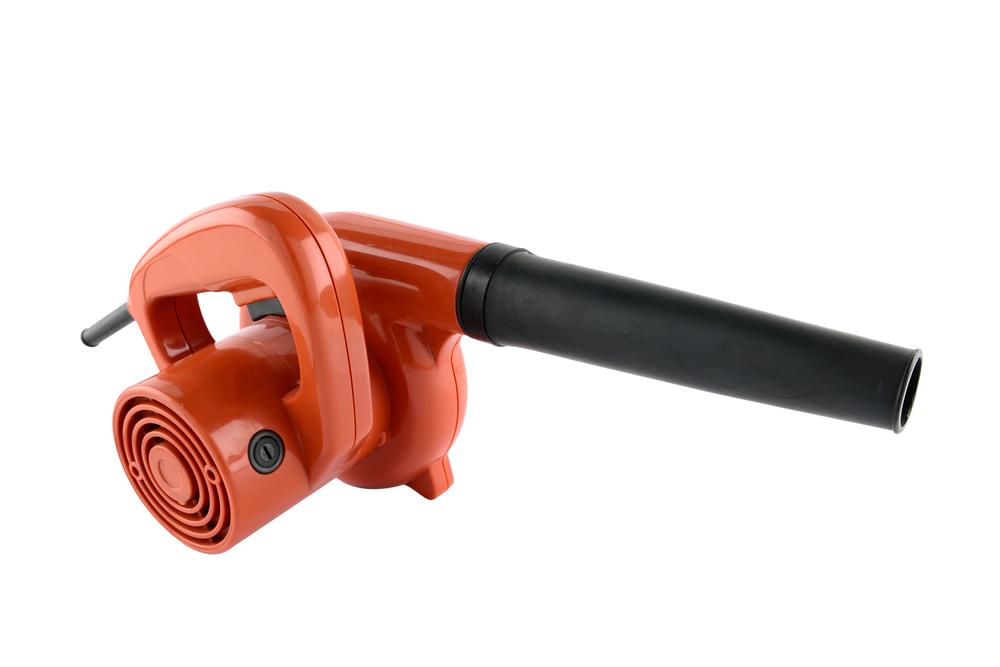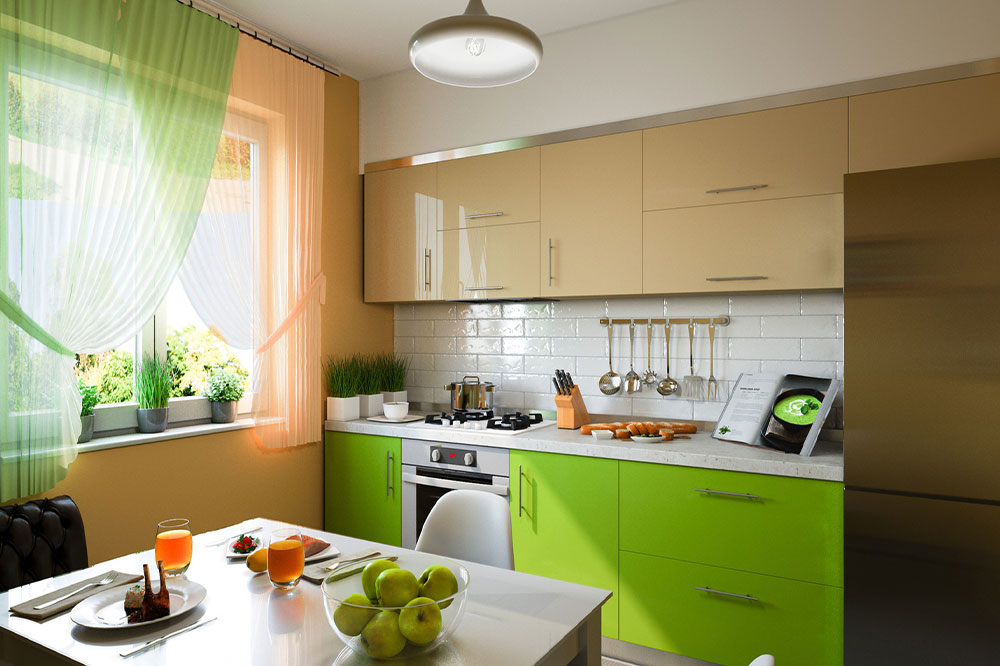Key Considerations When Choosing a Garden Tiller
Discover essential tips for selecting the perfect garden tiller, including considerations for garden size, ease of use, budget, storage, safety, and durability. These insights help gardeners make informed choices for efficient soil cultivation and weed control, ensuring long-term satisfaction with their investment.
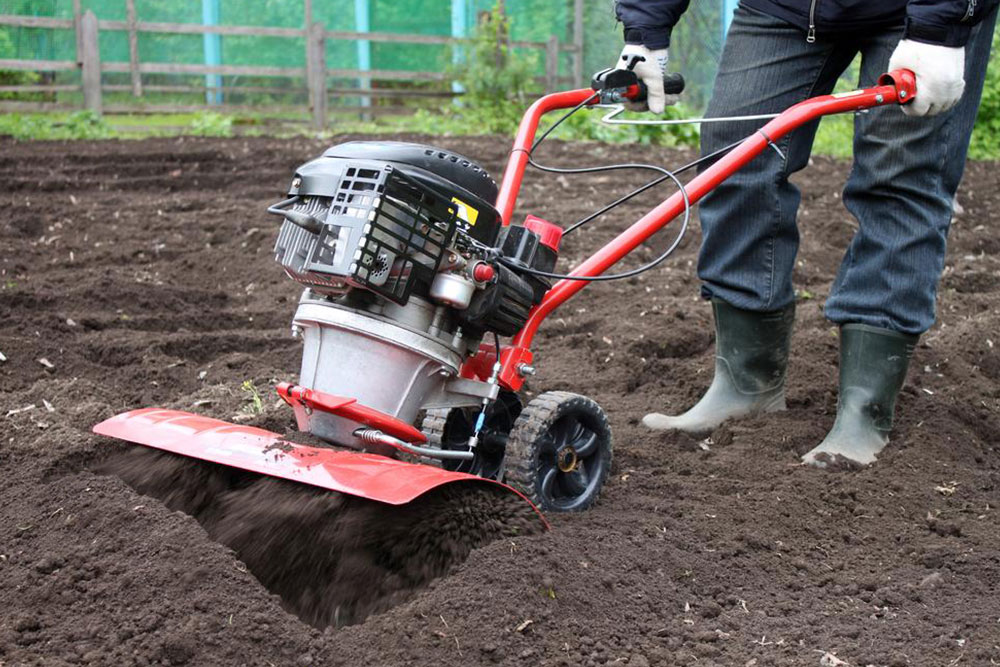
Key Factors to Evaluate Before Picking a Garden Tiller
A reliable garden tiller is an indispensable tool for gardening enthusiasts. It simplifies soil preparation, speeds up planting, and aids in weed control. Additionally, it ensures thorough mixing of soil with nutrients and compost. For passionate gardeners, having the right tiller enhances productivity. Before purchasing, look out for garden tiller options available locally. Here are five essential points to consider to make an informed buying decision.
Assess Your Garden Size
The size of your garden is crucial when selecting a tiller. For small plots, an electric tiller is usually sufficient, considering the cord length and power source. Larger gardens benefit from gas-powered tillers, which provide more power. Also, evaluate your soil type: loamy soil requires less powerful equipment, while rocky or tough soil demands a more robust tiller.
Evaluate Ease of Use
Comfort and maneuverability are vital. Choose a tiller that is lightweight and easy to operate. Electric models tend to be lighter and simpler to handle than gas-powered ones. Asking questions about weight, control, and ease of operation when browsing for a tiller ensures you find a suitable match.
Set Your Budget
Garden tillers typically range from around $100 to over $3000. Price often correlates with engine power; horsepower (HP) is the standard measure. Establish your budget to narrow down your choices. Investing in a quality tiller reduces future maintenance costs. If on a tight budget, consider a cultivator as a more affordable alternative.
Storage Space Considerations
Make sure you have adequate storage in your garden shed or workspace. Larger, more powerful models may require more space. Planning storage beforehand prevents inconvenience later, especially for expensive or bulky equipment.
Safety and Durability
Check the condition and build quality of the tiller. It should function effectively in tough soil conditions. Review manufacturer warranty terms and ensure the product is durable enough for long-term use. Also, verify safety features and maintenance requirements to keep the tiller in optimal condition.

